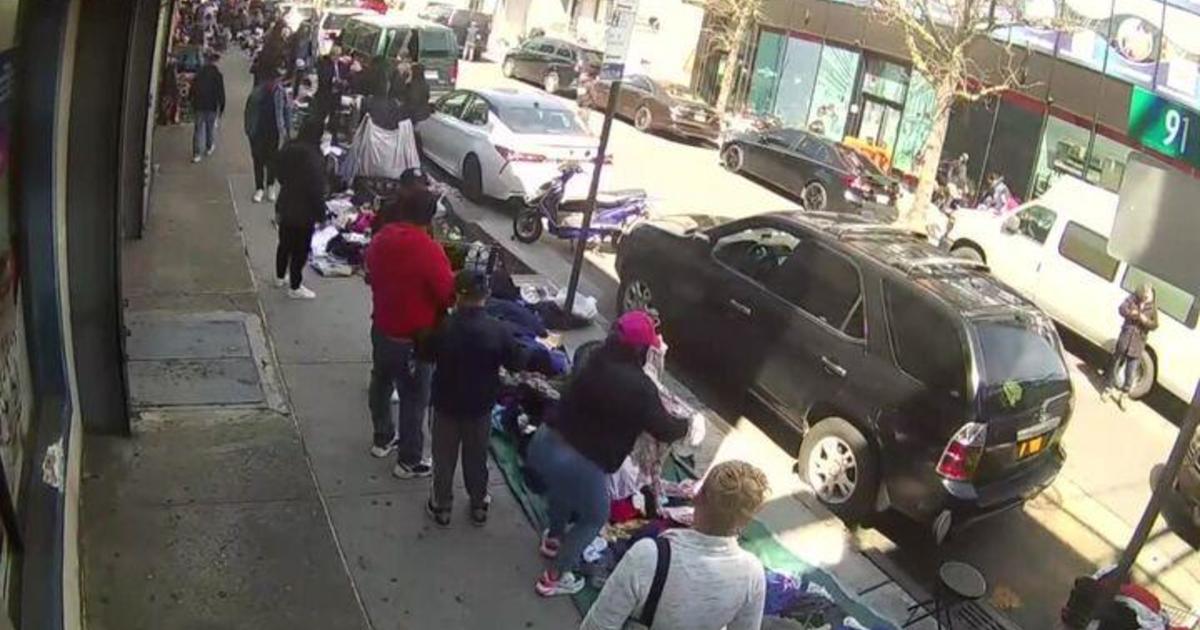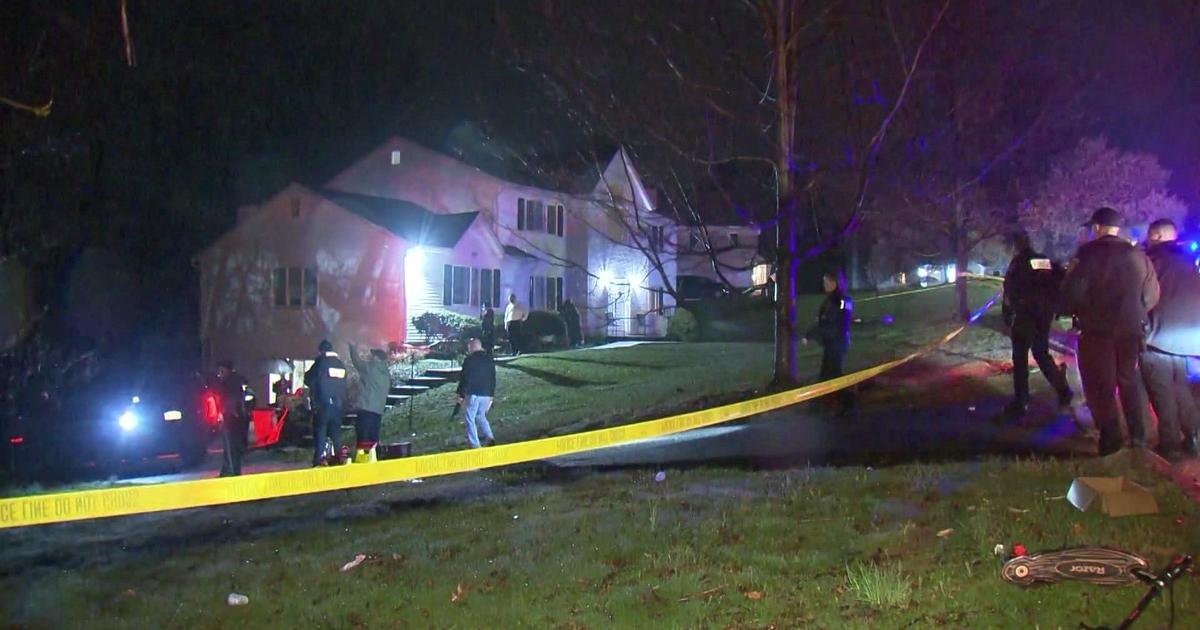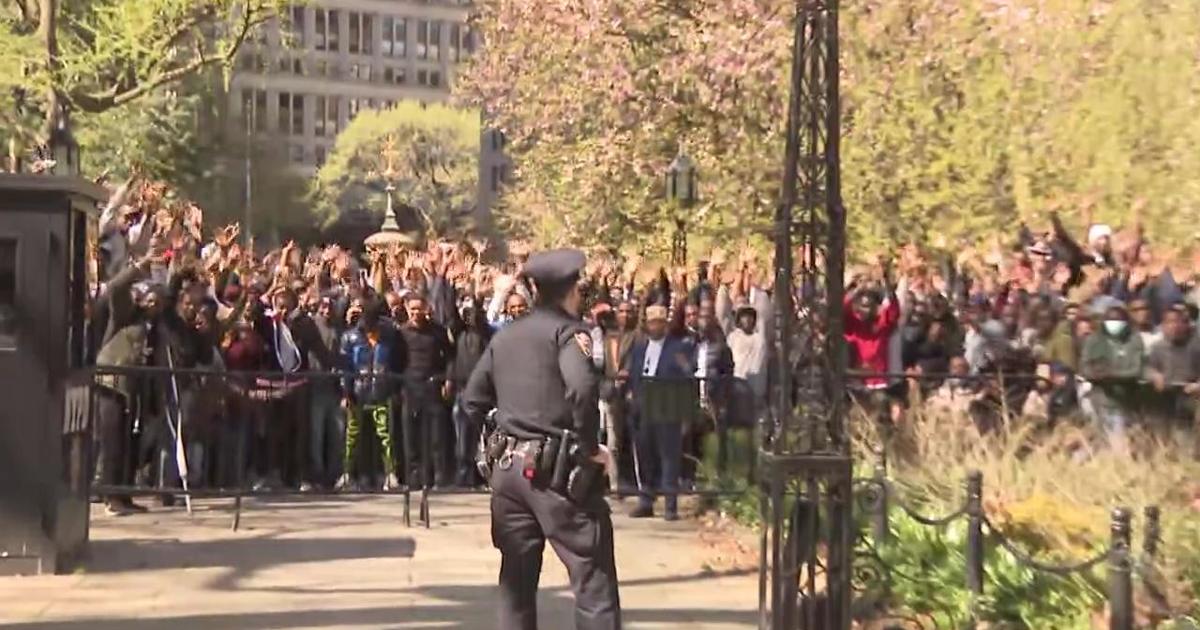Why Is Police Misconduct Making Regular Headlines, And What Can Be Done?
NEW YORK (CBSNewYork) -- In the Tri-State Area and across the country, cases of police misconduct are raising questions about whom we trust to serve and protect.
As CBS2's Dick Brennan reported Friday, some wonder whether there is a problem with the screening process for becoming a police officer, or whether the job itself could be the cause of trouble. Experts had some answers.
North Charleston, South Carolina Patrolman Michael Thomas Slager was charged this past Tuesday with murder, after video emerged that shows the officer shooting at Walter Scott as he flees following a traffic stop for a broken tail light. Scott falls after the eighth shot and was killed.
Slager has said he fired in self-defense. But the case and other prominent incidents involving use of force by police is raising serious questions about who becomes a cop, and how much training they should receive.
"In screening for the police, they're looking for the profile that in many respects leads to the kind of problems we're seeing," said forensic psychiatrist N.G. Berrill. "They are looking for people who are self-assured, they're action oriented, they're not afraid of violence, and they can spring into action when a circumstance emerges."
Berrill has evaluated and treated officers. He said the job creates enormous stresses that could trigger outbursts.
"When the police start out on the force, you know, I believe they're well-meaning, and they want to reach out of the community," Berrill said. "But over time, there's a certain amount of burnout; a certain amount of cynicism; a certain amount of shorthand – we call this racial profiling. And if a situation breaks, and someone acts out, they become combative; confrontive to an officer, the adrenaline flows. And it's hard. It's hard to predict what would happen here."
And now, the explosion of cellphone video has cast a harsh light on departments nationwide.
"One can infer that these incidents were occurring before we have this revolution in vide, and no one ever knew about it," said retired NYPD Inspector John Walsh. "Now, people are knowing about it."
And now that we see more, what can be done?
"Taking people out of the field, and giving them a chance to work literally, community relations – in other words, you can't be in the heat of battle every single day as part of your job and not expect the person to become twisted or bent in some way," Berrill said. "I mean, it's just not realistic.
Berrill said screening does help too, but he said the emphasis should be rotating people out of the field. As for the cost, he said police departments can't afford not to – and are already paying in lawsuits.



